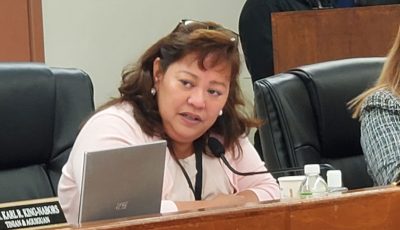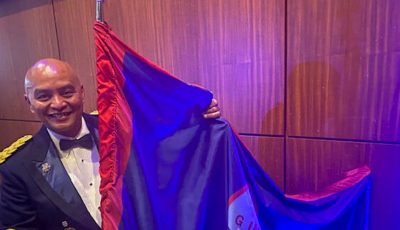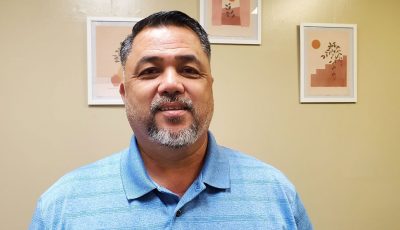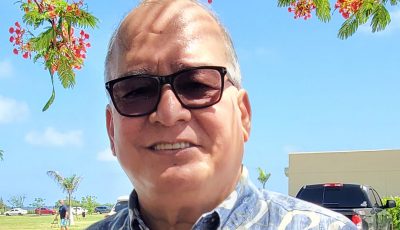Kilili: HR 339 will help skilled workers
Delegate Gregorio Kilili C. Sablan (D-MP) said that his bill, House Resolution 339, would help the workers with special skills, particularly nurses, in the CNMI that would be affected by the numerical limit of the CNMI-Only Transitional Nonimmigrant Worker visa program.
Sablan was among those who testified in last week’s Senate Energy and Natural Resources Committee hearing in connection with HR 339. Gov. Ralph DLG Torres and Island Training Solutions proprietor Jim Arenovski also testified in the hearing, presided over by Sen. Lisa Murkowski (R-Alaska).
The bill, if it becomes a law, would provide temporary relief by adding 2,002 CW1 permits to the current fiscal year. The numerical limit was reached early in FY 2017 on Oct. 14, for the second consecutive time. The CNMI faced the same situation in FY 2016.
Thirty-six staff at the Commonwealth Healthcare Corp., 31 of whom are nurses, were among those that were affected by the CW1 numerical cap. United States Citizenship and Immigration Services reduced the cap by one from 12,999 to 12,998 in FY 2017.
Sablan said that medical professionals are among those that are affected by the CW1 cap. “They are medical professionals working at our only hospital and at public and private clinics.”
“They are workers with technical skills and firm specific experience built up over time that many of our local businesses rely upon. They are not easily or quickly replaced. So my bill provides 2,002 additional one-year permits, available for the rest of this fiscal year.”
“This will help the hospital and those local businesses that are going to be short of workers just when business opportunity is growing—not the situation we want businesses to be in,” added Sablan.
Other causes
Sablan said HR 339 would also address the influx of Chinese construction workers and filling the lack of skilled U.S.-eligible workers.
He added that HR 339 would bar the use of the CW1 permit for temporary construction workers. “Federal law already provides for an unlimited number of H-2B visas to bring workers to the Marianas for temporary work. HR 339 would force employers to do so.”
The bill, if signed into law by President Trump, would also increase the fee collected from $150 to $200. The money collected is used to train U.S. workers for them to take over the jobs once held by foreign employees.
“HR 339 would also force all employers to pay more to train U.S. workers to take over jobs now held by foreign workers—our ultimate goal. To date, over $9 million has been collected and we have added 2,000 workers to the [local] labor force.”
“But we need to train more and we need to train faster. HR 339 increased the fee from $150 to $200, so we have the resources to do that training.”
Sablan said he is hopeful the Senate would immediately act on his bill. “It is urgent that the Senate act because the lack of foreign workers, on whom businesses are dependent, will immediately hurt the economy.”
“[HR 339] includes permanent provisions that will help ensure we do not have this same problem again.”



























